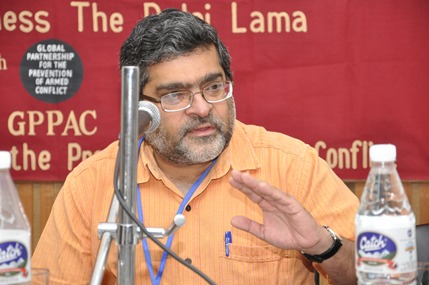 Professor Vinay Lal, UCLA Professor of History and Asian American Studies, has an informative blog titled, “Lal Salaam: A Blog by Vinay Lal.” Recently, he began writing “a series of articles on the implications of the coronavirus for our times, for human history, and for the fate of the earth.”
Professor Vinay Lal, UCLA Professor of History and Asian American Studies, has an informative blog titled, “Lal Salaam: A Blog by Vinay Lal.” Recently, he began writing “a series of articles on the implications of the coronavirus for our times, for human history, and for the fate of the earth.”
The following is an excerpt of the first piece, “The Singular and Sinister Exceptionality of the Coronavirus (COVID-19)” (March 15, 2020), written in the series:
The social, economic, and political turmoil around the COVID-19 or coronavirus pandemic presently sweeping the world is unprecedented in modern history or, more precisely, in the last one hundred years. Before we can even begin to understand its manifold and still unraveling ramifications, many of which are bound to leave their imprint for the foreseeable future, it is necessary to grasp the fact that there is nothing quite akin to it in the experience of any living person. Fewer than 5500 people have died so far, and of these just under 3100 in the Hubei province of China. There have been hundreds, perhaps a few thousand, wars, genocides, civil conflicts, insurrections, epidemics, droughts, earthquakes, and other ‘natural disasters’ that have produced far higher mortality figures. About 40 million people are estimated to have died in World War I; in the Second World War, something like 100 million people may have been killed, including military personnel, civilians, as well as those civilians who perished from war-induced hunger, famine, and starvation. Weighed in the larger scheme of things, the present mortality figures from COVID-19 barely deserve mention. And, yet, it is possible to argue that what is presently being witnessed as the world responds to the COVID-19 is singular, distinct, and altogether novel in our experience of the last one hundred years.
Why should that be the case? It would be a truism to say that no one ever quite expected something like the coronavirus to spring upon us and, virtually overnight in some places, alter the entire fabric of social existence. In 1994, an intrepid journalist and researcher, Laurie Garrett, published a voluminous book, The Coming Plague, subtitled “Newly Emerging Diseases in a World Out of Balance.” Written a few years after AIDS rudely awakened the world to the fact that our war with microbes is relentless, and that modern science’s supposed conquest of infectious diseases is a fantasy, Garrett argued that there was every likelihood that new and more lethal diseases would emerge, unless human beings adopted a perspective that would be more mindful of a “dynamic, nonlinear state of affairs between Homo sapiens and the microbial world, both inside and outside their bodies.” In his introduction to the volume, Jonathan M. Mann, Professor of Epidemiology and International Health at Harvard, and Director of the Harvard AIDS Institute, suggested that AIDS “may well be just the first of the modern, large-scale epidemics of infectious diseases.” If air travel has become possible for over a billion people, infectious agents can also be introduced into “new ecologic settings” far more easily. If AIDS has a lesson to teach us, Mann warned twenty-five years ago, it is that “a health problem in any part of the world can rapidly become a health threat to many or all.”
If Garrett and Mann, and perhaps a handful of other people here and there, may have been prescient, still the scope of the worldwide panic and emergency in which we are all trapped is outside the realm of contemporary human experience. The first death from the coronavirus was reported in Hubei province, which has a population just short of 60 million, on 10 January 2020. The notice announcing the closure of all transportation services in Wuhan, the largest city of the province with 11 million people, was issued early on January 23 and had been virtually put into effect later in the day; and by the end of the following day, nearly the entire province had been sealed off. Further orders on February 13 and 20 shut down all non-essential services, including schools, and a complete cordon sanitaire had been placed around a province with as many people as Italy, which has now become the site of the next largest outbreak. To Continue Reading, click HERE.
To read the second in the series, “The Coronavirus, the Enemy, and Nationalism” (March 21, 2020), click HERE.
To read the third in the series, “Remote Learning and Social Distancing: The Political Economy and Politics of Corona Pedagogy” (March 30, 2020), click HERE.
Subscribe to LA Social Science and be the first to learn more insight and knowledge from UCLA social science experts in upcoming video/audio sessions and posts dealing with the COVID-19 pandemic.

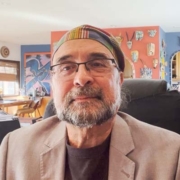
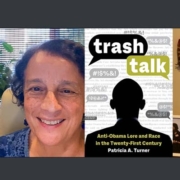
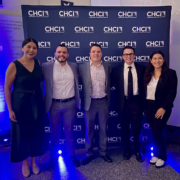
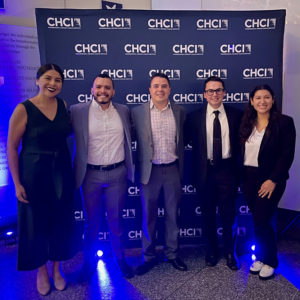
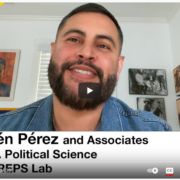
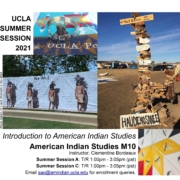
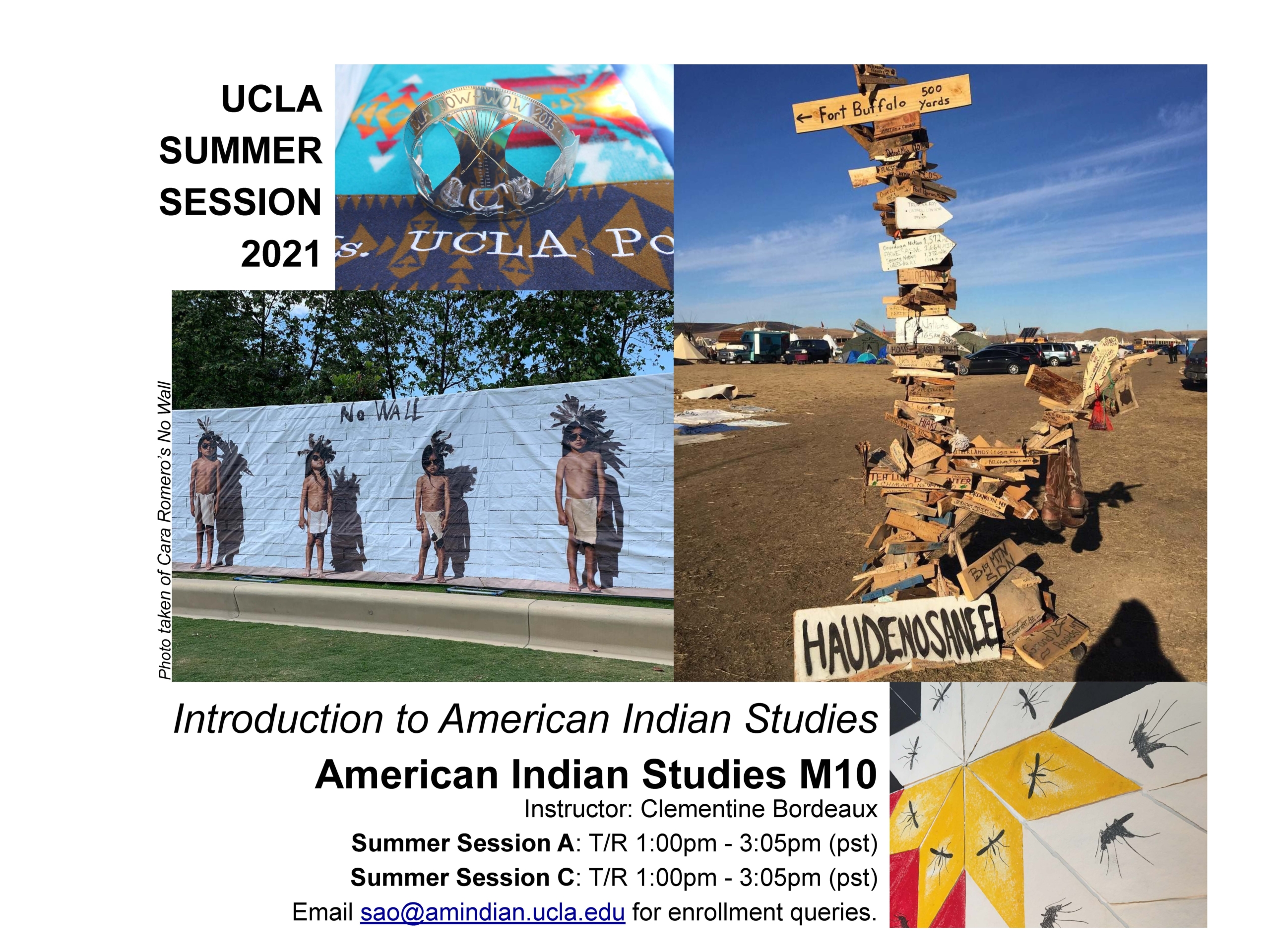
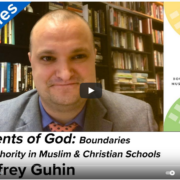


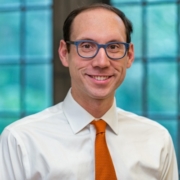

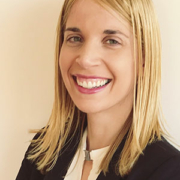
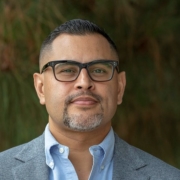
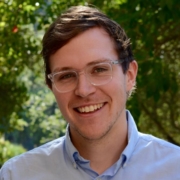
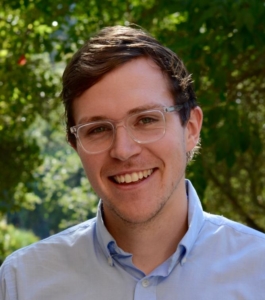 By
By 
 Professor
Professor 